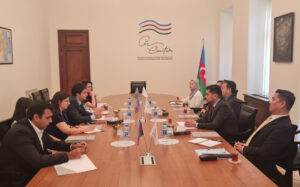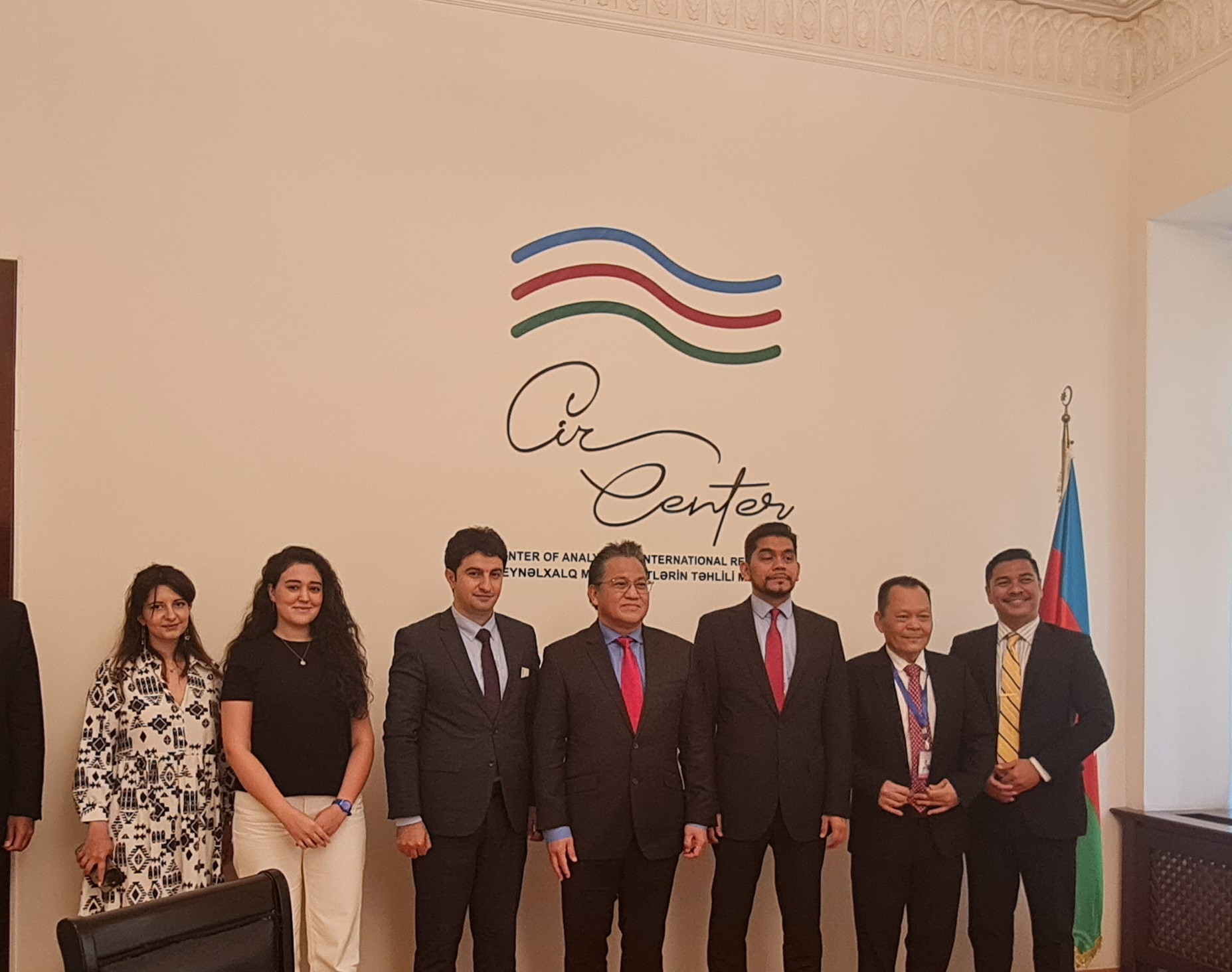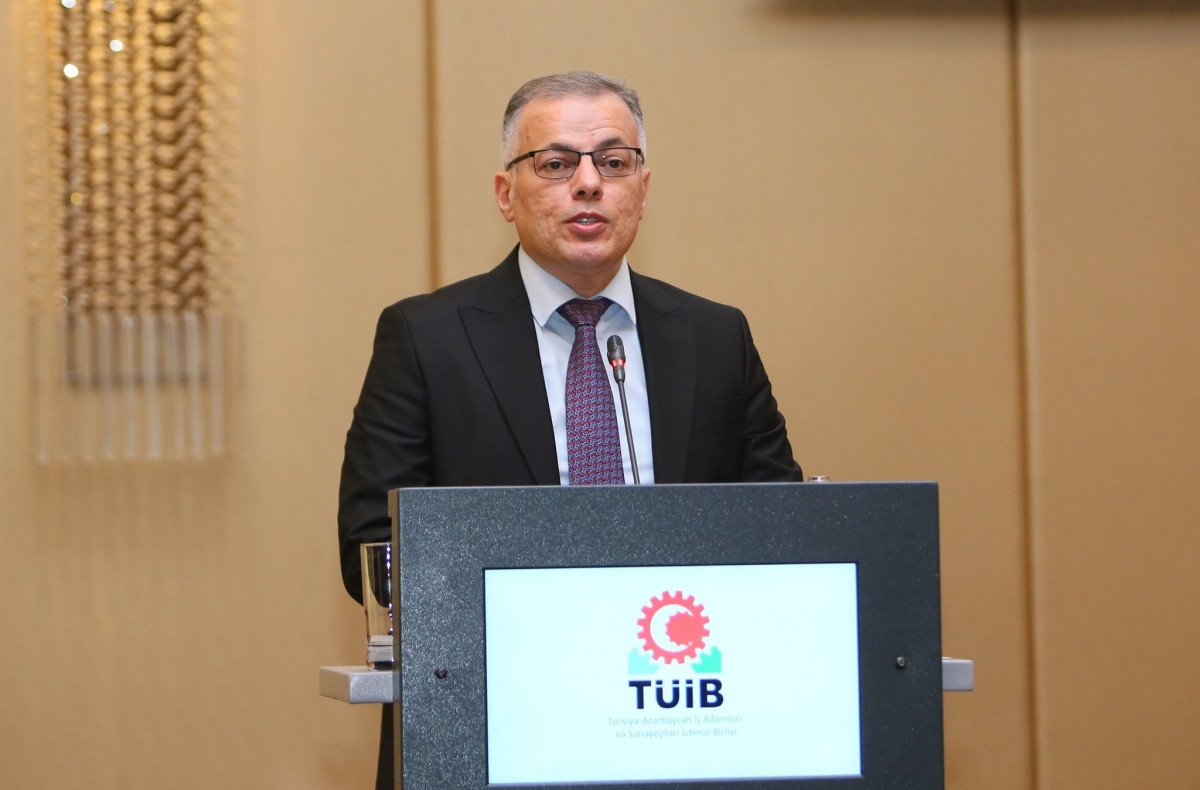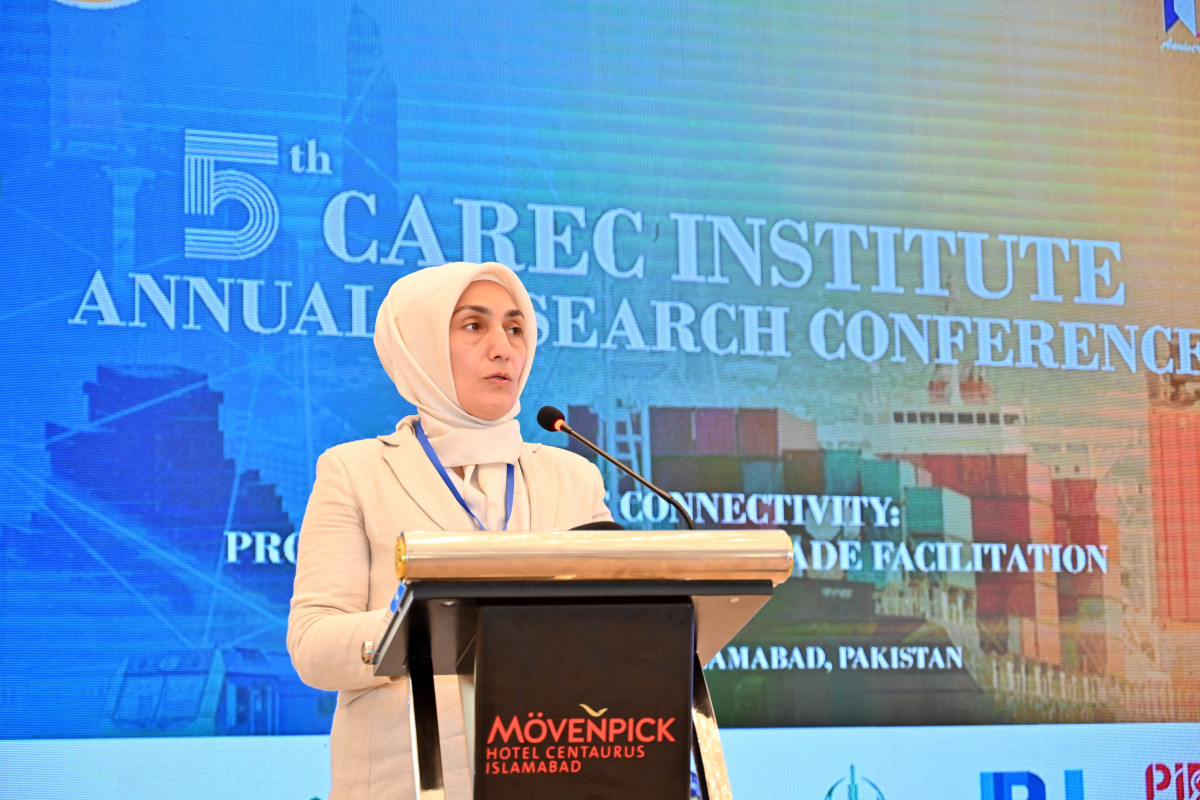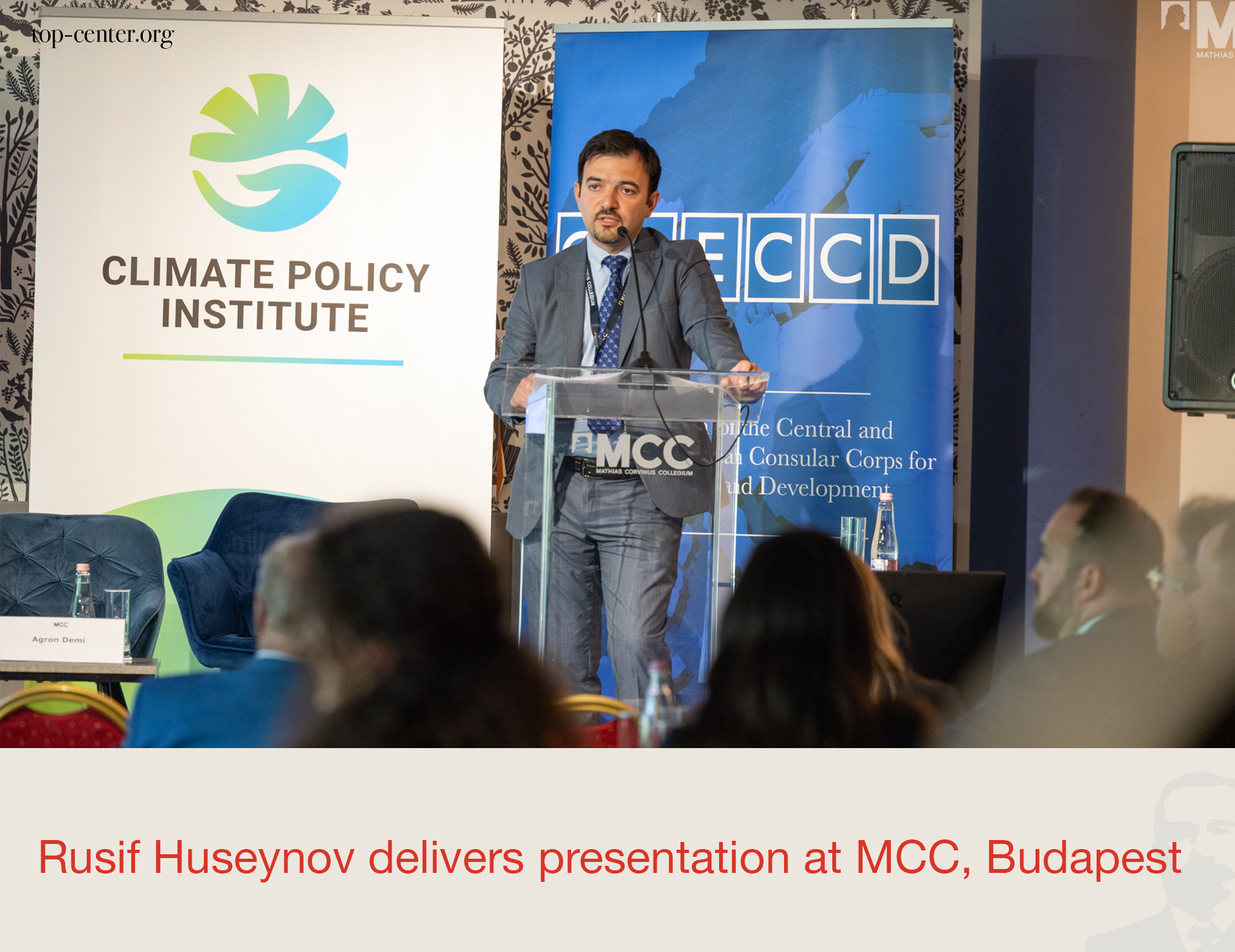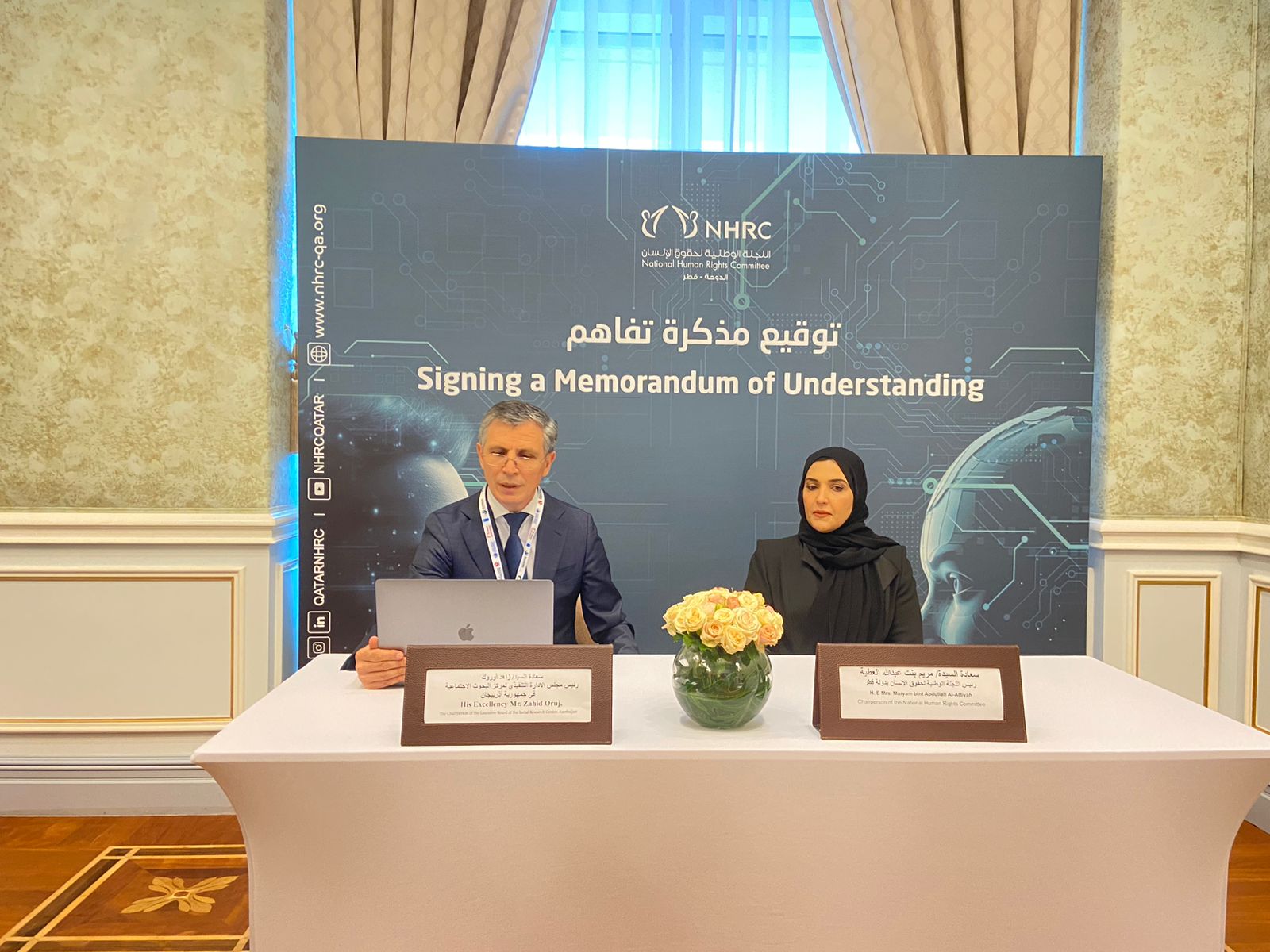On September 2, the Center of Analysis of International Relations (AIR Center) hosted a meeting with the delegation of the Malaysian Parliament led by HE Nur Jazlan Bin Mohamed, the Deputy President of the Senate of Malaysia.
Addressing the meeting, AIR Center’s Head of Department, Vasif Huseynov, briefed the guests about the center’s activities and strategies.
Touching on the current complex nature of international relations, V. Huseynov said that Azerbaijan has traditionally been committed to multilateralism and demonstrated balanced approaches in its foreign policy in order to forge closer ties with the neighbouring countries and not to alienate any external actors. According to him, Azerbaijan also advocates for the non-involvement of external forces in regional affairs, which is also reflected in Malaysia’s foreign policy vision.
Speaking about Armenia’s recent militarization, V.Huseynov stressed that the France-orchestrated campaign poses a serious threat not only to the region but also to the entire international architecture. He underscored that France is instrumentalizing Armenia-Azerbaijani relations to challenge Russia.
Touching on the fruitful cooperation between Azerbaijan and Malaysia within the Non-Aligned Movement, V. Huseynov underscored Azerbaijan’s contributions in terms of institutionalisation of the entity.
He also informed the guests about the reconstruction and rehabilitation measures implemented by Azerbaijan in Karabakh.
Recalling his previous visits to Azerbaijan, Deputy President of the Senate of Malaysia, Nur Jazlan Bin Mohamed, expressed their impressions on the large-scale infrastructure projects implemented in Karabakh. Stressing Malaysia’s interest in intensifying relations with Azerbaijan and the Central Asian countries, he said that interparliamentary ties should play a big role in that.
Deputy President of the Senate of Malaysia also said that the parliamentary elections of September 1 were conducted in an orderly and transparent manner.
Later, the intensification of cooperation between the think-tanks of both countries was discussed, and the sides further exchanged views of mutual interest.
